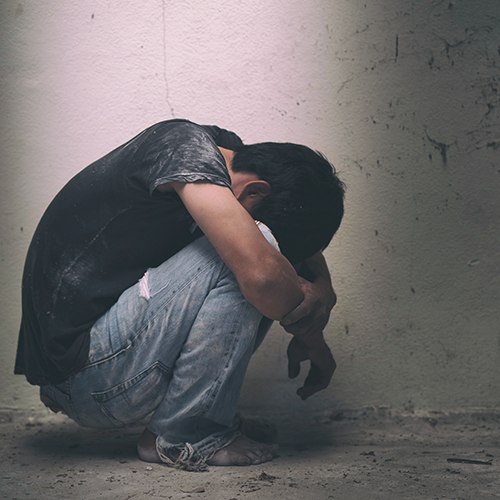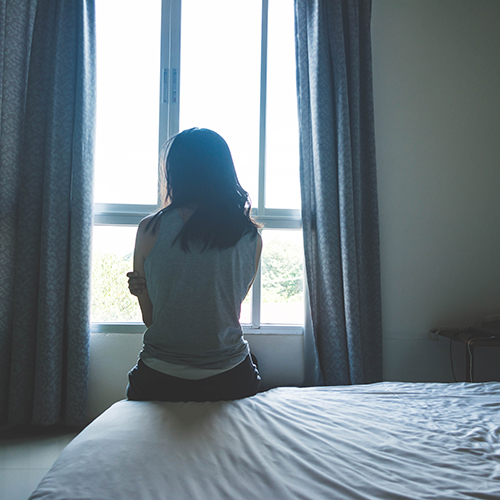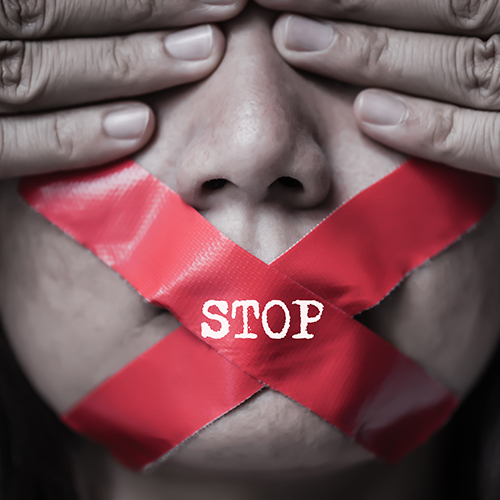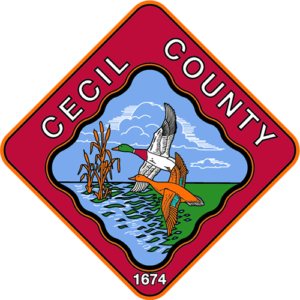WE’RE HERE TO HELP
If you or someone you know needs support, please use the following resources:
National Human Trafficking Hotline 1-888-373-7888 or Text BEFREE or HELP to 233733
The Bridge (Cecil County Domestic Violence Rape Crisis Center) 410-996-5350
Additional resources are available here.
What is Human Trafficking?
Human trafficking is a horrific crime where people are illegally traded for profit. Victims are forced to work or provide sexual services against their will. It’s the world’s fastest-growing criminal industry.
Types of Human Trafficking
- Sex Trafficking: This involves using force, fraud, or coercion to make someone perform commercial sex acts. If the person is under 18, it’s automatically considered trafficking, even if they seem to agree. Sex trafficking can happen anywhere – even a victim’s own home – and victims can be of any gender or nationality. Remember, traffickers aren’t always stereotypical “pimps.” They can be anyone who exploits and controls someone for profit, including someone posing as a romantic partner or a family member.
- Labor Trafficking: This means forcing someone to work through threats, violence, or other kinds of pressure. It’s often linked to severe exploitation and can take many forms:
- Debt Bondage: Victims are tricked into coming to work with the promise of a good job. Then, the trafficker charges them for living expenses, travel, or other essentials, creating a debt they can never repay and forcing them to work under terrible conditions.
- Threats and Intimidation: Traffickers might threaten the victim or their loved ones to force them to work. They may use physical violence or threaten legal trouble like deportation.
- Exploiting Vulnerabilities: Traffickers target people facing difficult circumstances like poverty, lack of documentation, or language barriers. They promise help but control the victim through isolation and manipulation.
Our community is stronger when we stand together against human trafficking. Follow our Facebook page to connect with local organizations, learn how to identify the signs of trafficking, and become an advocate for change.
Why is Human Trafficking a Problem in Cecil County?
- Location: Our county sits between Baltimore and Philadelphia, with major highways and truck stops, making it easier for traffickers to transport victims.
- Vulnerability: Substance use issues in the community make people vulnerable to traffickers who prey on these addictions.
What are the Red Flags of Human Trafficking?
If you see these signs, it might mean someone is being trafficked:
- Restricted freedom: The person doesn’t have control of their own ID, passport, or travel documents.
- Unexplained money or possessions: They have cash or items they can’t explain or are reluctant to discuss.
- Temporary or shared housing: They live in crowded conditions, possibly with other workers, or stay in employer-controlled housing.
- Isolation: They don’t know the area, seem unable to give an address, or have limited contact with family or friends.
- Secretive about job: They’re reluctant to share details about their work, employer, or living conditions.
- Fearful or controlled: They may avoid eye contact, seem afraid of someone with them, or have someone else always speaking for them.
- Physical signs: They might show signs of injury or exhaustion, have untreated medical issues, or wear inappropriate clothing for the job.
- Deception about pay and conditions: They may have been promised good wages and housing, but the reality is much different.
Important Note: Labor trafficking victims are often controlled through debt, threats, and manipulation. This can make them appear loyal to the trafficker out of fear, even when the situation is clearly abusive.
What if You Suspect Someone is Being Trafficked?
If you think someone might be a victim of human trafficking, do not approach the suspected trafficker or try to rescue the victim yourself. This could put you and the victim in danger. Instead, follow these steps:
- Observe and Take Notes: Try to note details like:
- Physical appearance of the victim and suspected trafficker
- Car descriptions (license plate, make, model, color)
- Location and time of day
- Call for Help:
- National Human Trafficking Hotline: 1-888-373-7888 or Text BEFREE or HELP to 233733
- Local law enforcement: If there’s immediate danger, call 911. Otherwise, contact your local police non-emergency line.
- Trust Your Instincts: Even if you’re not 100% sure, it’s better to report your suspicions. Trained professionals will investigate and determine if help is needed.
Remember:
- Your safety matters: Do not put yourself at risk.
- Any information helps: Even small details can be valuable to investigators.
- You might save a life: Reporting your concerns could be the first step to helping someone escape a dangerous situation.
Get Help – Important Numbers and Links
- National Human Trafficking Hotline: 1-888-373-7888 or Text BEFREE or HELP to 233733
- Cecil County Human Trafficking Task Force
- Maryland Human Trafficking Task Force
- Eastern Shore Human Trafficking Task Force
- Homeland Security Tip Line: 1-866-347-2423
- Sex Trafficking Regional Navigator: 443-406-5653
- The Bridge (Cecil County Domestic Violence Rape Crisis Center): 410-996-0333
- Department of Social Services (CPS): 410-996-0100 (Option 3)
The Maryland Network Against Domestic Violence (MNADV) funded this project under the sub-award number FVPA-2023-0015. All points of view in this document are those of the author and do not necessarily represent the official position of any State or Federal Agency.
The Maryland Coalition Against Sexual Assault (MCASA) in accordance with the Governor’s Office of Crimes Prevention, Youth, and Victim Services funded this project under the sub-award GFRCC-2023-002. All points of view in this document are those of the author and do not necessarily represent the official position of any State or Federal Agency.





